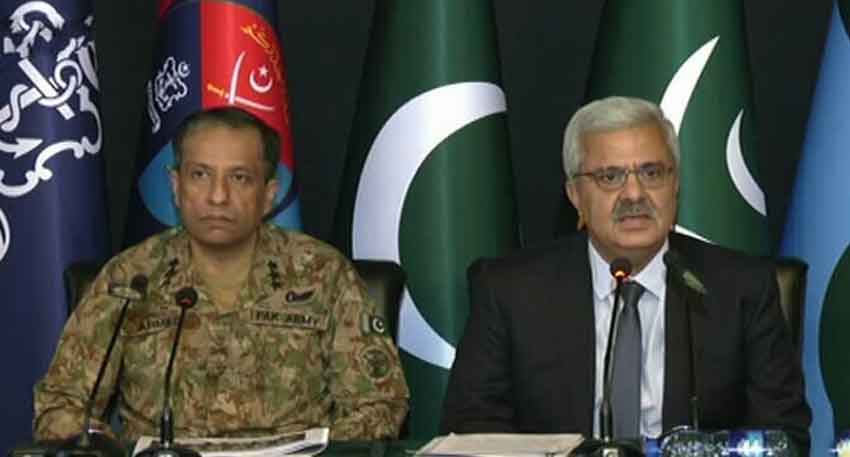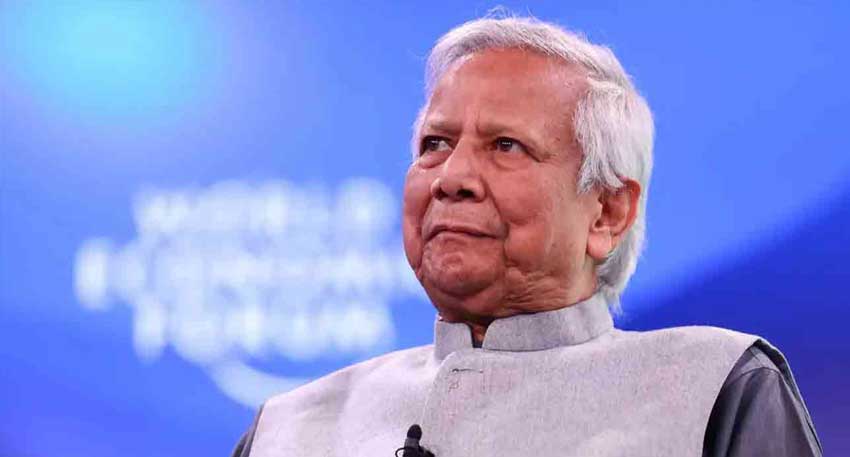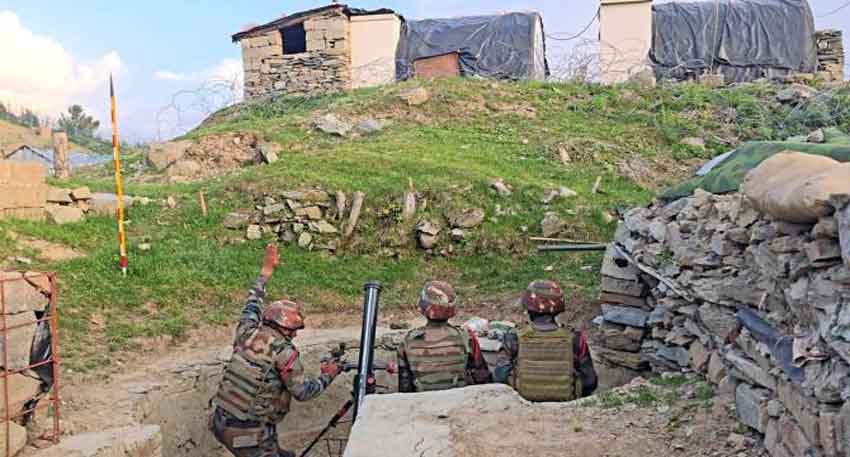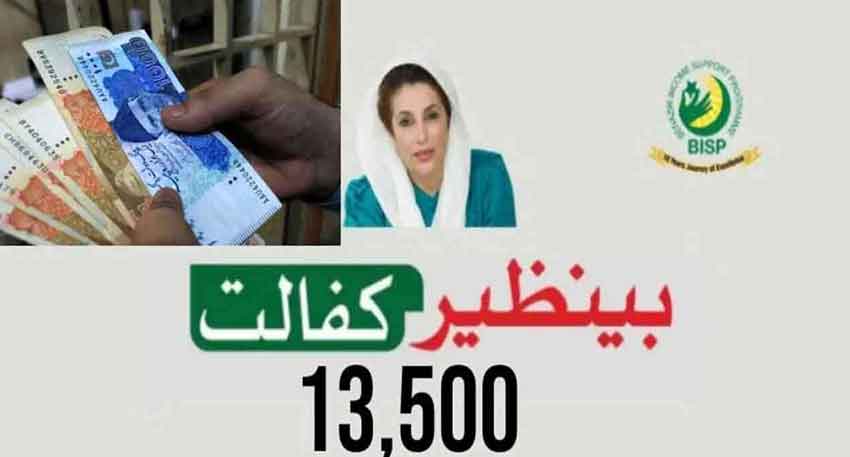
The Rise of Armed Groups and Their Narrative
In the early 2000s, various armed groups emerged in Balochistan, including the Baloch Liberation Army (BLA), Baloch Liberation Front (BLF), and Baloch Republican Army (BRA). These organizations initially claimed to be protectors of Balochistan’s natural resources, but over time, their agendas became increasingly anti-state. These groups began targeting state institutions, security forces, gas pipelines, railway tracks, and other critical infrastructure.
The Death of Nawab Akbar Bugti: A Turning Point
The killing of Nawab Akbar Bugti in 2006 marked a significant turning point in the conflict. As a prominent and influential nationalist leader, his death was perceived by many Baloch as an attack on their political identity. The incident triggered a surge in anti-state sentiment, leading many previously non-violent youths to take up arms. Over time, this renewed insurgency reportedly began receiving foreign support as well.
Indian Involvement and the Arrest of Kulbhushan Jadhav
According to various reports, India has played a significant role in backing separatist movements in Balochistan through financial and logistical support, with the aim of destabilizing Pakistan internally. The arrest of Indian intelligence operative Kulbhushan Jadhav from Balochistan in 2016 exposed this involvement to the global community, reinforcing Pakistan s claims of Indian interference and support for separatist violence in the province.
State Response: Military Operations and Development Initiatives
The Pakistani state adopted a dual strategy to address the unrest. On one hand, it conducted military operations against insurgents, and on the other, it launched development projects, scholarships, and employment schemes aimed at integrating the Baloch population into the national mainstream. Some militants were offered amnesty in exchange for disarmament and reintegration into society.
However, reports of enforced disappearances, extrajudicial killings, and restrictions on freedom of expression continued to surface, further fueling mistrust and resentment among the local population.
The Return of the Afghan Taliban and Regional Security
When the Afghan Taliban regained power in 2021, following the fall of the Ashraf Ghani government, Pakistan anticipated improved security cooperation, especially along the shared border. Pakistani officials believed that the Taliban government, due to religious and historical ties, would not allow anti-Pakistan elements to operate from Afghan soil.
Despite these expectations, reports emerged that Baloch militants had established sanctuaries in southern and border areas of Afghanistan, using them as bases for planning and launching attacks against Pakistan. This led to increased tensions between Islamabad and Kabul. Although the Taliban government publicly denied these allegations, Pakistan’s concerns have persisted.
Political Instability and the Role of Regional Parties
Political instability has remained a chronic issue in Balochistan. Chief ministers have repeatedly been removed due to internal party rifts or external pressure. Corruption, weak governance, and the lack of genuine provincial autonomy remain pressing issues. While national parties like Pakistan Tehreek-e-Insaf (PTI) and Pakistan Muslim League-Nawaz (PML-N) have made some inroads, regional parties like the Balochistan National Party (Mengal) continue to be the strongest voices for Baloch rights and against enforced disappearance.
The Current State of Balochistan in 2025
As of 2025, Balochistan stands at a critical juncture. Military operations have led to a temporary reduction in violence in urban centers such as Quetta, Naseerabad, and Khuzdar. However, armed clashes, targeted killings, and anti-state activities remain common in areas like Makran, Kech, Panjgur, and Duki.
Due to ongoing security crackdowns, insurgent groups like the BLA and BRA have become more fragmented and cellular in structure, making their operations more unpredictable and dispersed. These groups now increasingly target strategic installations and China-Pakistan Economic Corridor (CPEC) projects to undermine state control.
The Way Forward: Dialogue and Inclusion
Despite state efforts, the underlying issues in Balochistan remain unresolved. Long-term peace cannot be achieved through force alone. Sustainable resolution of the Baloch conflict requires genuine political dialogue, justice, fair resource distribution, and inclusive governance. Unless the Baloch population is empowered and their grievances are addressed meaningfully, peace will remain elusive in this troubled region.




